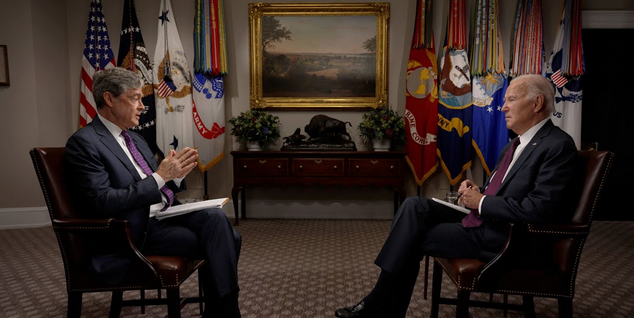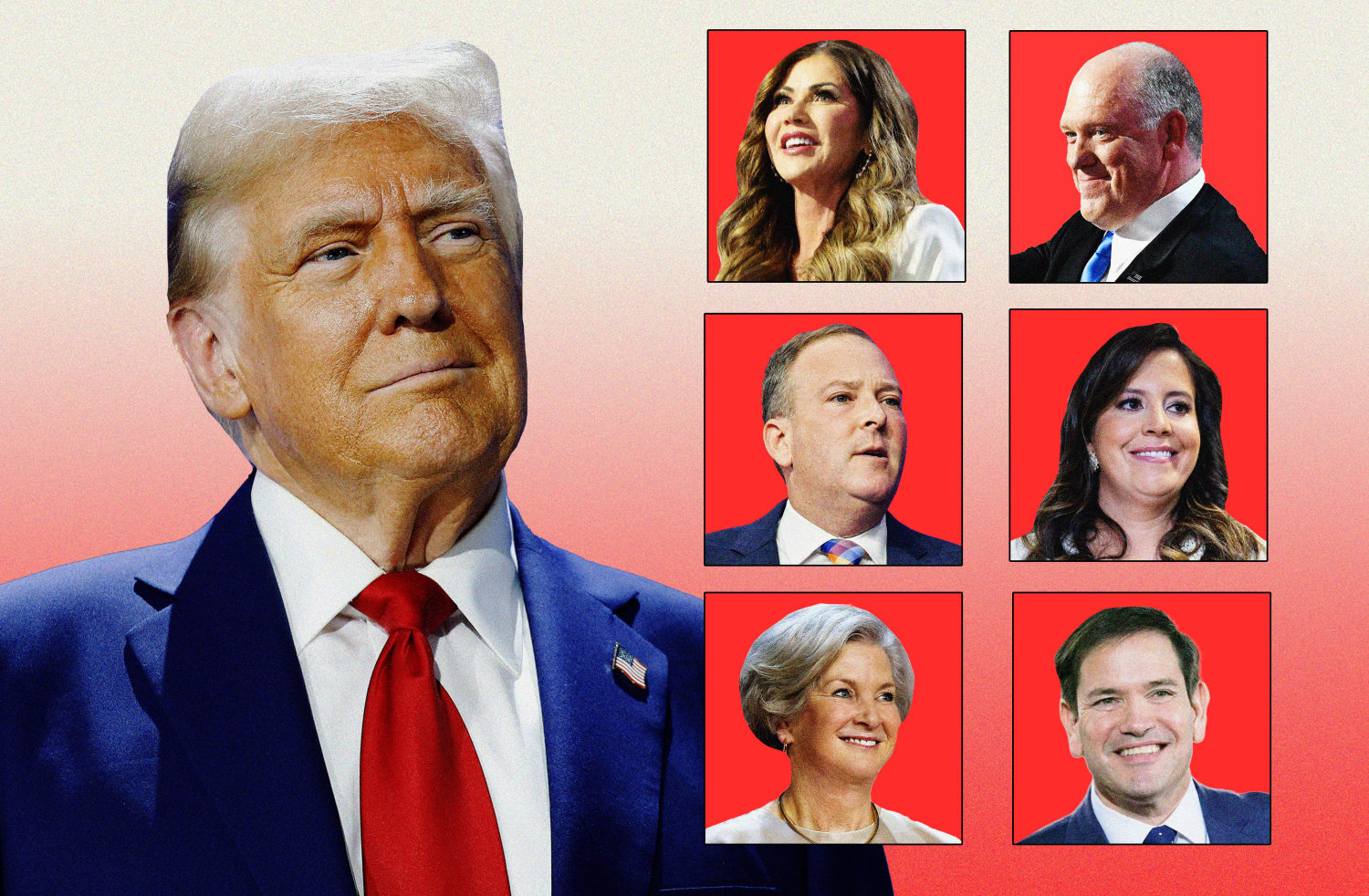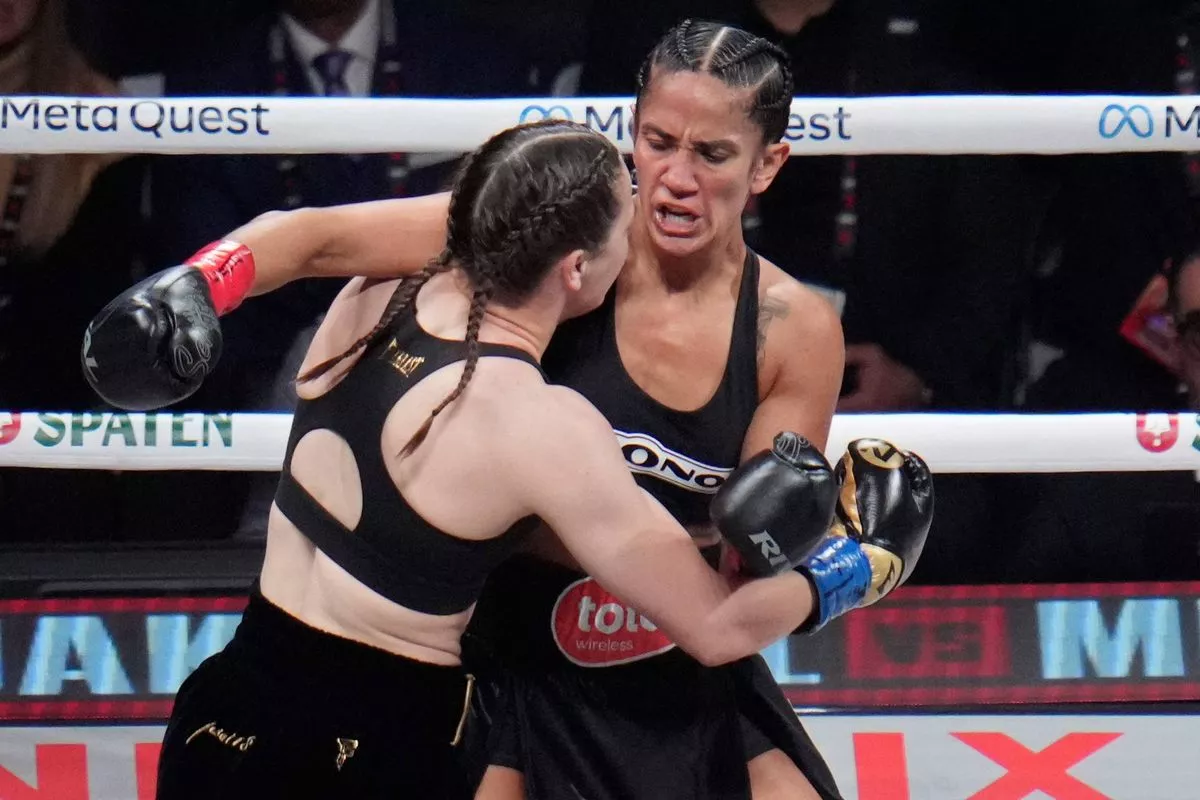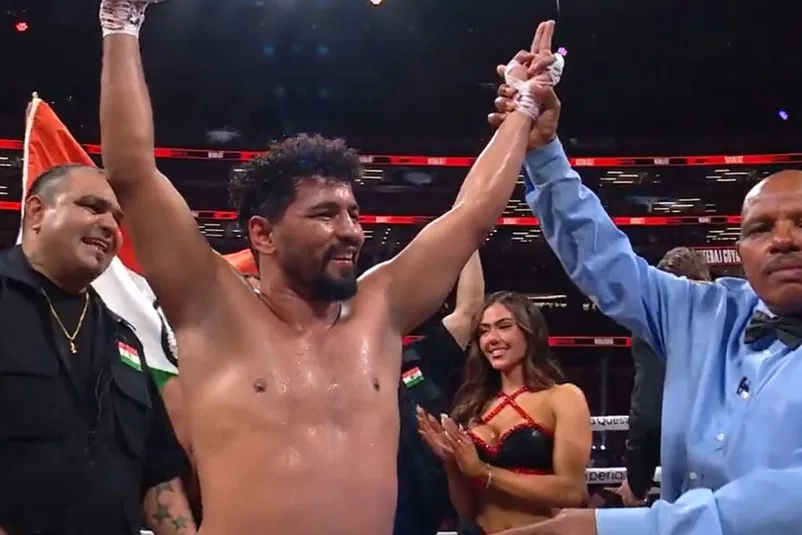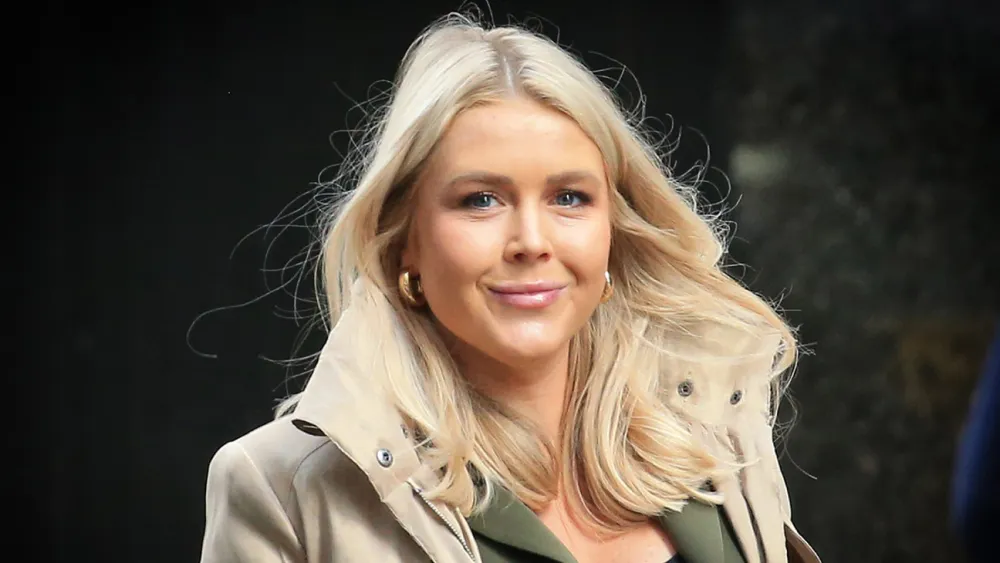Photos: YouTube Screenshots\Wikimedia Commons
In my time as a student journalist and editor, I’ve picked up a few lessons about integrity.
![]()
It’s surprisingly easy to let objectivity slip on some subjects. But as my editor-in-chief continuously reminded me, responsible journalism means we need to properly investigate all sides of a story — before publishing things like “the cafeteria food here sucks.” This includes double checking even sources we’re inclined to take at face value, like our taste buds.
The free press is the foundation of a flourishing democracy. But when journalists fail to investigate the claims their sources make — especially our elected officials — the effects can be disastrous. No issue throws this into starker relief than the Biden administration’s support for Israel’s government as it commits crimes against humanity against the Palestinians.
This spring, for example, President Biden announced what he called an “Israeli ceasefire proposal,” calling on Hamas to accept it. Biden said this “Israeli plan” included a release of hostages in exchange for a withdrawal of troops from Gaza and an eventual permanent ceasefire.
But this simply wasn’t true.
Not only was the plan not created by Israel, but Israel didn’t even agree to it. While Hamas responded positively to the plan, Israeli leaders categorically rejected it. Yet Biden’s spokespersons repeated the claim that Hamas was blocking a ceasefire over and over again — and news reports continued calling the proposal an “Israeli plan.”
We need more reporters in the room willing to question these claims. As journalists, our job isn’t simply to regurgitate what those in power say, but to actually investigate those claims and report the truth. If our elected officials are misleading us, people need to know about it.
I may still be a student, but I’m old enough to remember Donald Trump’s time in the Oval Office.
The war between the former president and the press produced some genuinely important developments in government accountability through journalism. The Washington Post, for example, kept a running list of every lie Trump told while in office — a good idea when the leader of the free world tells an average of 21 lies a day.
![]()
The lies, mistruths, and omissions that Biden tells aren’t as egregious as Trump’s. But like any politician, he needs to be held accountable to the truth.
For instance, Biden repeatedly claimed to have seen photos of beheaded babies from Hamas’s October 7 attack on Israel. Those photos don’t appear to exist, but the president was generally allowed to repeat this claim without challenge.
Moreover, as campus protests against the war in Gaza sprang up all over the country last semester, student journalists have found ourselves in the unique position of having to counter narratives politicians put out about pro-Palestinian college protests.
Politicians accused students of inciting violence, hate speech, and even being funded by Russia. These narratives were often repeated with little scrutiny in the media, but boots on the ground reporting revealed a much different story: that encampments were largely tolerant, multifaith demonstrations that were more likely to be the targets of violence than the origins.
Journalism is often called the “fourth estate,” or the fourth branch of government, because of its incredible power to speak truth to power. But when journalists misuse that power, or fail to exercise it, it can be incredibly dangerous.
If student journalists are expected to dive deeper on a subject like cafeteria food, then our national journalists need to do the same when it comes to a war that’s been labeled a potential genocide by the International Court of Justice. We need journalists to ask our politicians hard questions — and not just take their answers at face value.
Otherwise, people will increasingly seek their news from elsewhere — for better or worse.
![]()
Chisom Okorafor is a Henry Wallace Fellow at the Institute for Policy Studies and a student journalist at the San Francisco Foghorn.
